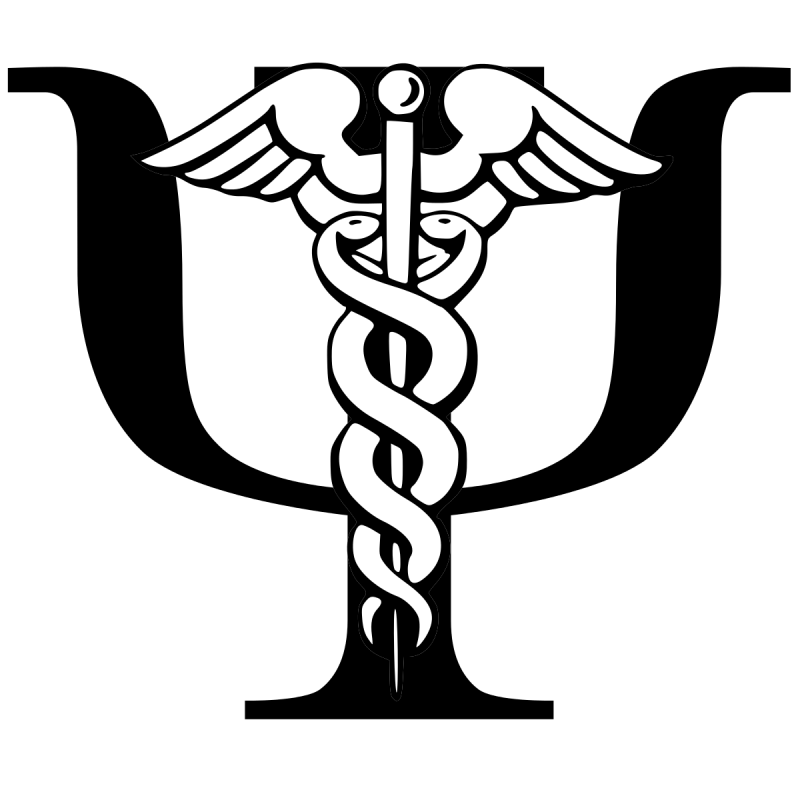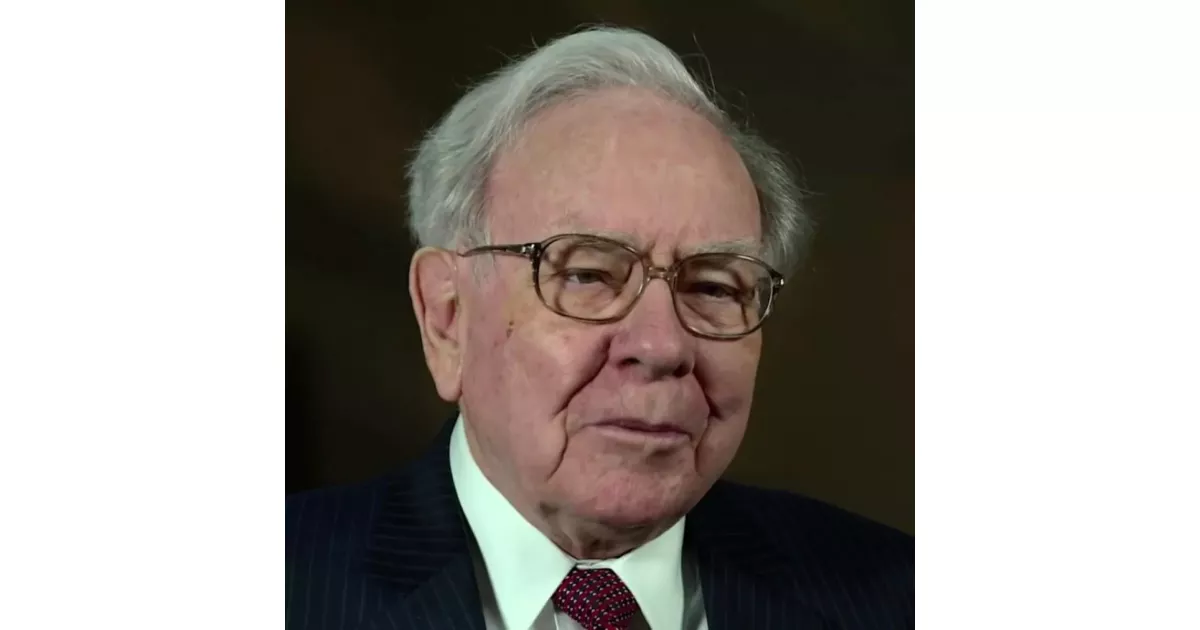Life is full of challenges, and Warren Buffett faced many. Discover key struggles and how they were overcome.
Warren Buffett is a highly successful American investor and philanthropist, serving as the chairman and CEO of Berkshire Hathaway. Renowned for his investment acumen, he's considered one of America's most prominent investors. As of May 2025, his estimated net worth of $160.2 billion ranks him as the fifth-richest person globally.
1950: Rejected by Harvard Business School
In the spring of 1950, Warren Buffet was rejected by Harvard Business School.
1974: SEC Investigation
In 1974, the SEC opened a formal investigation into Warren Buffett and Berkshire Hathaway's acquisition of Wesco Financial, though no charges were brought.
1977: Separation from Susan
In 1977, Warren Buffett and his wife Susan began living separately, though they remained married until her death.
1990: Salomon Brothers Scandal
In 1990, a scandal involving John Gutfreund surfaced at Salomon Brothers, where a rogue trader was submitting bids in excess of Treasury rules.
August 1991: Gutfreund left the company
In August 1991, John Gutfreund left the Salomon Brothers company due to the rogue trader scandal.
1998: Acquired General Re
In 1998, Warren Buffett acquired General Re (Gen Re) as a subsidiary, which presented difficulties due to inadequate underwriting standards.
March 15, 2005: Greenberg Resigns from AIG
On March 15, 2005, the AIG board compelled Greenberg to resign from his position as chairman and CEO following allegations by New York state regulators that AIG engaged in questionable transactions and improper accounting practices.
February 9, 2006: AIG Pays $1.6 Billion Fine
On February 9, 2006, AIG agreed to pay a $1.6 billion fine as a result of regulatory scrutiny.
2006: Disowning of Nicole Buffett
In 2006, Warren Buffett disowned his son Peter's adopted daughter, Nicole, after she participated in a documentary about economic inequality.
2007: Cancellation of Coal-Fired Power Plants
In 2007, Buffett's PacifiCorp, a subsidiary of his MidAmerican Energy Company, canceled six proposed coal-fired power plants, including Utah's Intermountain Power Project Unit 3 and Jim Bridger Unit 5, due to pressure from regulators and citizen groups.
2007: Criticism During Subprime Mortgage Crisis
In 2007, during the subprime mortgage crisis, Warren Buffett faced criticism for allocating capital too early, which resulted in suboptimal deals.
2008: Buffett's Opinion Piece and Market Downturn
In 2008, Warren Buffett published an opinion piece in the New York Times with the message "Buy American. I am." He also referred to the downturn in the financial sector that started in 2007 as "poetic justice."
February 2009: Buffett Sells Shares from Personal Portfolio
In February 2009, Buffett sold some Procter & Gamble Co. and Johnson & Johnson shares from his personal portfolio, leading to questions about mistiming and the wisdom of keeping some of Berkshire's major holdings.
March 2009: Buffett Comments on Economy and Inflation
In March 2009, Warren Buffett stated in a cable television interview that the economy had "fallen off a cliff" and expressed fears of a re-emergence of 1970s-style inflation.
2009: Critique of U.S. Medical Industry Incentives
In 2009, Buffett criticized the U.S. medical industry's incentive structure, arguing that fee-for-service reimbursements to doctors lead to overutilization and unnecessary care. He referenced Atul Gawande's article in the New Yorker, which documented variations in Medicare expenditures between McAllen and El Paso, Texas. He also raised concerns about lobbying efforts by the medical industry to maintain income.
2009: Buffett Divests from ConocoPhillips
In 2009, Warren Buffett divested his failed investment in ConocoPhillips, sharing his reasoning with Berkshire investors.
2010: Criticism of U.S. Healthcare Costs
In 2010, Warren Buffett criticized the U.S. healthcare system, stating that it was unsustainable to devote 17% of the GDP to healthcare expenditure. He compared healthcare costs to a tapeworm that compromises U.S. economic competitiveness. While acknowledging the U.S. excels in extreme, costly life-prolonging measures, he noted other countries achieve better healthcare value with lower spending.
2010: Settlement with Gen Re
In 2010, the U.S. government reached a $92 million settlement with Gen Re, a Berkshire Hathaway subsidiary, to avoid prosecution in the AIG case. Gen Re also committed to implementing corporate governance concessions.
April 11, 2012: Diagnosis of Prostate Cancer
On April 11, 2012, Warren Buffett was diagnosed with stage I prostate cancer during a routine test.
August 20, 2014: Berkshire Hathaway Fined for Reporting Violation
On August 20, 2014, Berkshire Hathaway was fined $896,000 for failing to report as required the December 9, 2013, purchase of shares in USG Corporation.
June 2021: Comments on the Economic Impact of COVID-19
In a June 2021 interview with CNBC, Warren Buffet said that the economic impact of the COVID-19 pandemic has increased economic inequality and bemoaned that most people are unaware that "hundreds of thousands or millions" of small businesses have been negatively impacted. He also stated that the markets and the economy will likely be unpredictable well into the post-pandemic recovery period, even with the Biden administration and the United States Federal Reserve having a plan in place. He said the unpredictability and the effects of COVID-19 are far from over.
2023: Allegations of Conflict of Interest
In 2023, a ProPublica article alleged that Warren Buffett made equity trades in his personal portfolio involving companies that Berkshire Hathaway bought or sold during the same or prior quarter, raising conflict of interest concerns.
Mentioned in this timeline

Bill Gates an American businessman and philanthropist revolutionized personal computing...

Donald John Trump is an American politician media personality and...

Mark Zuckerberg is an American businessman and programmer best known...

Coca-Cola is a globally recognized cola soft drink produced by...
Home Box Office HBO is an American pay television service...
Facebook is a social media and networking service created in...
Trending

8 months ago Trump Administration Cancels $1 Billion in Mental Health Grants, Sparking Controversy.

2 months ago Sebastian Korda faces Lorenzo Sonego in the Paris Masters 2025 Round-of-64.

3 months ago Andrey Rublev vs. Cameron Norrie: ATP Vienna 2025 Clash Prediction and Match Preview

2 months ago Dolly de Leon eyes 'Heidi Fleiss' role, joining Aubrey Plaza in Hollywood.

6 months ago Frank Ocean Expands Homer Jewelry and Announces Directorial Debut with Taylor Russell.

3 months ago Idris Elba stars in Kathryn Bigelow's 'House of Dynamite', a terrifying Best Picture contender.
Popular

XXXTentacion born Jahseh Dwayne Ricardo Onfroy was a controversial yet...

Stranger Things created by the Duffer Brothers is a popular...

Kelsey Grammer is an accomplished American actor producer and singer...

Marco Rubio is an American politician attorney and diplomat He...

Candace Owens is an American conservative political commentator and author...

Bernie Sanders is a prominent American politician currently serving as...
